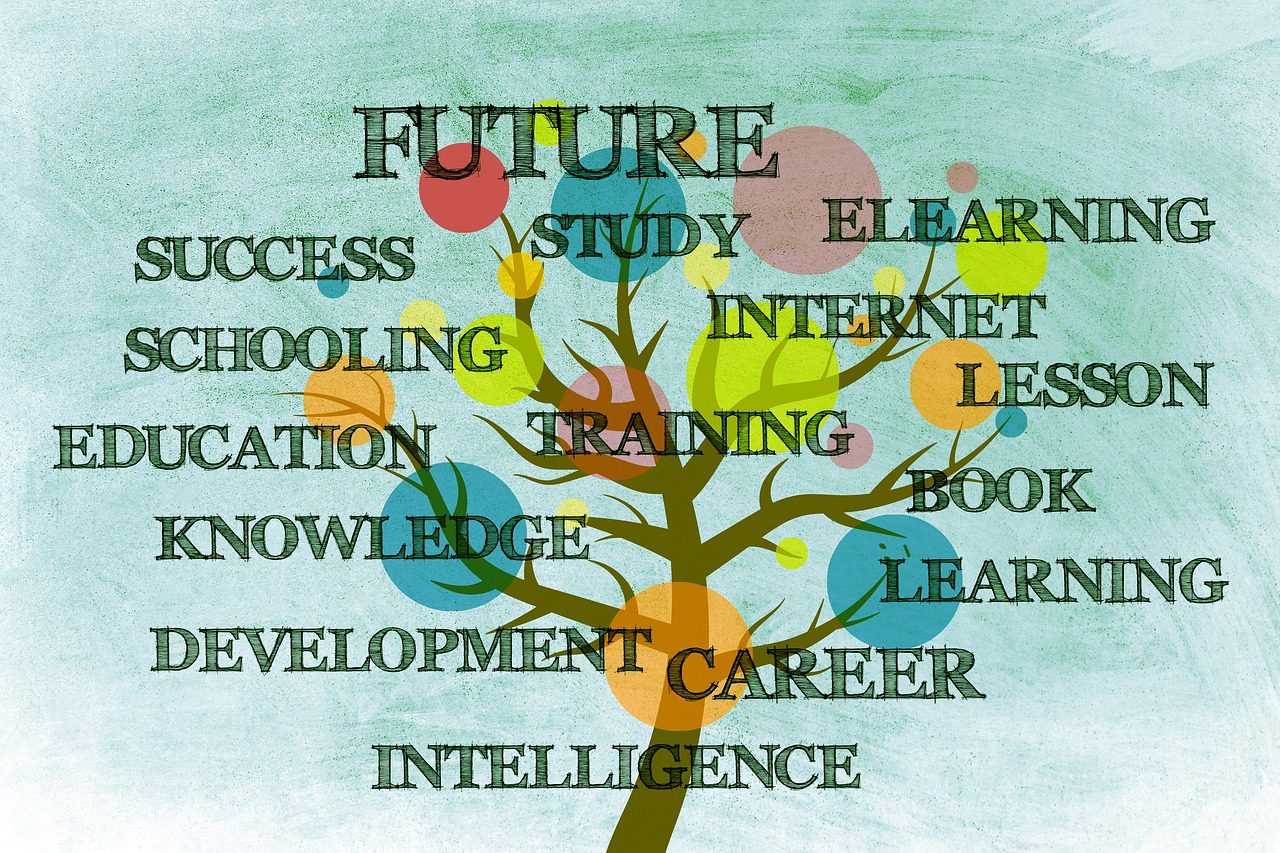In this section, we are thinking about learning and teaching spaces from the point of view of the student.
The first task was to make a list of places where students might engage with learning, and here is what I came up with.
Learning Spaces:
- Lecture theatres
- Classrooms
- Science Labs
- Computer Labs
- Libraries
- Anywhere with internet access
- Anywhere they can take a book
- Anywhere they could listen to pre-recorded audio content
- Museums
- Galleries
- Other field trip locations – history, archaeology, natural sciences, architecture, built environment etc
- Anywhere with TV on demand or broadcast TV available at specific times if there is a relevant programme available
- Foreign countries (language immersion trips)
- Community events, eg visiting speakers, political hustings
- Places of worship (religious / cultural learning)
- Workplaces (job related education and training)
- Work experience placements
I’m sure there must be many more too!
Update
Reading the other responses, some of the others have mentioned social media and social media groups, which I hadn’t thought of. Presumably these would help encourage a sense of community, although hopefully everyone is aware now of how subjective and inaccurate the information posted on social media can be. I also was thinking more in terms of physical spaces rather than online virtual spaces, which I probably should have thought of given the course subject!



snicol2
Hi Annabel, that’s quite a comprehensive list of spaces – interesting that you focused on the physical, rather than online or virtual spaces (they often don’t spring to mind when you think of space).
Online spaces can be tricky, and especially when we get to places like social media there is a lot of difficult stuff going on. We tend to leave traces in these inline spaces, and we encouter people / views / politics / even coersion in ways we might not be used to. I think as teachers we need to think carefully about how and when we send our send students into those spaces – and we have a responsibility to make sure they’re well prepared and supported.
It’s good to see that you’ve engaged with the contributions of your peers on this.
Stuart